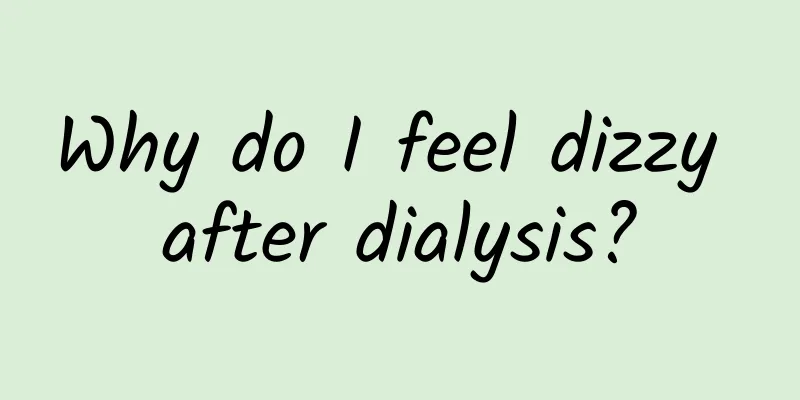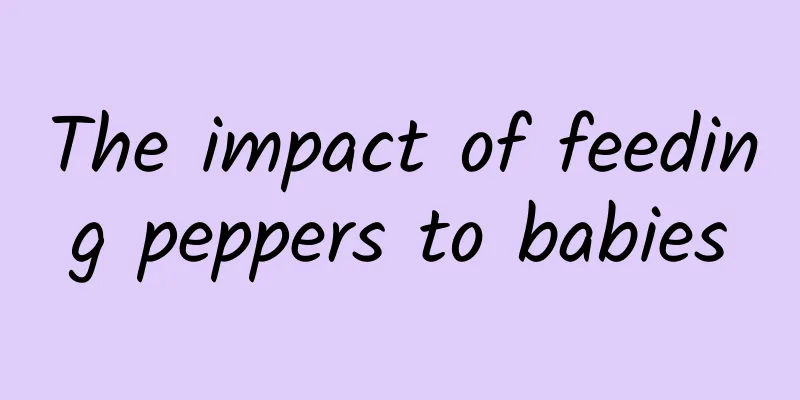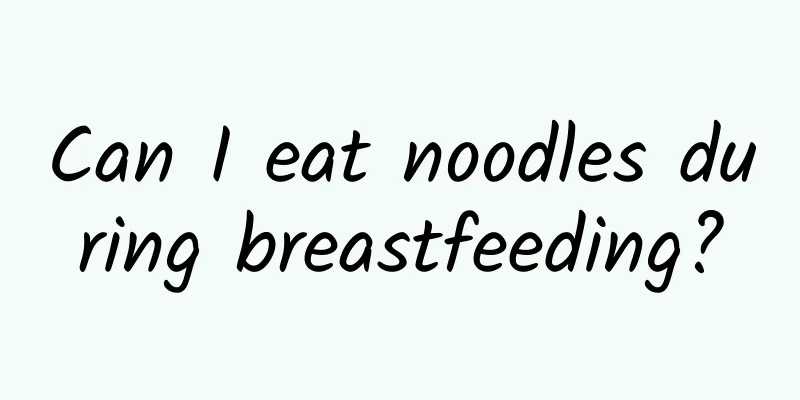Orange antidote?

|
Is orange an antidote? Many people have difficulty swallowing medicine. The medicine will choke in the throat and taste bitter. After swallowing the medicine with great effort, you may look for something to eat to ease the bitter taste in your mouth. So, can you eat oranges after taking medicine? Are oranges an antidote? In fact, although oranges are not an antidote, from a nutritional point of view, it is recommended to eat them half an hour or an hour after taking medicine. Because the drug enters the body from the mouth and passes through the gastrointestinal tract. There is a certain digestion and absorption process involved, contained in oranges or tangerines. Rich in vitamin C, some drugs are alkaline drugs. When the pH value is not appropriate, it will react and reduce the efficacy of the drug. In order to prevent a decrease in the blood concentration of the drug in the body, it is recommended to separate the doses for a period of time. 1. Reasons for avoiding certain foods when taking medicine: The main reason for dietary restrictions is that some foods and drug interactions can enhance the effectiveness of the drugs, or some can hinder the absorption of drugs, and some can even lead to serious consequences. Therefore, it is not redundant to avoid certain foods when taking medicine. 2. What kind of food should you avoid when taking medicine? 1. Antihypertensive drugs and diuretics Avoid: Eat less salt Contraindicated drugs: antihypertensive drugs, diuretics, adrenal cortical hormones, etc. Excessive salt intake can affect the efficacy of antihypertensive drugs, heart drugs, and kidney disease drugs. For example, it can inhibit the efficacy of antihypertensive drugs, diuretics, corticosteroids and other drugs. This is because the sodium in table salt can cause blood vessels to constrict, affect vascular permeability, cause edema of small blood vessel walls, increase resistance to blood flow, hinder the excretion function of the kidneys, cause high blood pressure and water retention, and aggravate the condition of patients with kidney disease, heart disease, etc. Therefore, when patients take this type of medication, they should limit their salt intake and switch to a low-salt, light diet to avoid a high-salt diet affecting drug treatment and even worsening the condition. 2. Antibiotics Avoid: Eat less oil Contraindicated drugs: tetracycline, doxycycline and other antibiotics. When doctors prescribe medicine for us, they often talk about "diet checklist". There is also something that has a great impact on the medicine - oil. Experiments have shown that the fats in food can reduce the effectiveness of certain antibiotics. For example, oil can reduce the efficacy of tetracycline and doxycycline by 50% and 20% respectively. Therefore, when taking the above-mentioned medicines, avoid taking them with oil or eat less oily foods during the medication period. 3. Stomach disease medicine Avoid: Vinegar Contraindicated drugs: stomach disease drugs such as Weishuping and Daxi, and antibiotics. Vinegar is an acidic condiment and should not be taken with alkaline drugs, such as anti-gastric acid drugs, such as Weishuping and Daxi. Its main ingredients are alkaline substances such as sodium bicarbonate, calcium carbonate, and aluminum hydroxide. Eating acidic foods such as vinegar before or after taking medicine can easily cause a neutralization reaction between the two and offset the efficacy of the medicine. At the same time, vinegar can also directly irritate the gastric mucosa. In addition, weak alkaline antibiotics such as erythromycin and gentamicin are easily degraded or difficult to dissolve in an acidic environment, affecting absorption. 4. Aspirin, cardiotonic drugs, antibiotics Avoid: Tea Contraindicated drugs: antibiotics, cardiotonic drugs, aspirin, enzyme digestive aids, berberine, drugs containing iron, zinc, and calcium The tannins in tea will break down into tannic acid after entering the body, and combine with certain drugs to form substances that are difficult to absorb, thereby reducing the efficacy of the drugs. Therefore, when taking antibiotics, cardiotonic drugs, aspirin and other drugs, you should avoid drinking tea. 5. Antidiarrheal drugs Avoid: Milk Contraindications: Antidiarrheal drugs When taking medicine, you should also pay attention to the effect of milk on the medicine. For example, drinking milk when you have diarrhea may be affected by lactose and aggravate the symptoms. When milk and medicine are mixed together, a film will form on the surface of the medicine, wrapping the medicine inside, hindering the release of the active ingredients in the medicine, and also hindering the absorption of the medicine. |
<<: How to make red date apple tea
>>: Hemostatic Chinese medicine
Recommend
Six-month-old baby's legs are very weak when standing up
When the child is six months old, the adult can s...
Stomach pain after masturbation
I believe that many young people now know about m...
What causes hip muscle atrophy?
There are generally many factors causing hip musc...
What to eat for people with yang deficiency? Remember these warming and nourishing secret recipes!
People with yang deficiency constitution belong t...
What are the symptoms of heavy bleeding after medical abortion?
The most feared thing after medical abortion is h...
What to do if you have excessive saliva after tooth extraction?
Tooth extraction is a common method of treating d...
The efficacy and function of Misty Water Pueraria
You may not have heard of the Chinese medicinal h...
Mental disorders are divided into several categories
Mental disorders are relatively common in life. A...
Is folliculitis painful?
Folliculitis is a common skin disease. It is the ...
Is Sanfutie effective in treating asthma?
Asthma is a serious chronic bronchial disease wit...
What are the symptoms of onychomycosis?
Hands represent a person's inner beauty, so t...
The efficacy and function of cinnamon in lowering blood sugar
In our daily life, cinnamon powder is one of the ...
No cough during the day, only cough at night
Not coughing during the day but coughing at night...
Can Houttuynia cordata and licorice be taken together?
When you are prone to getting angry, having a fev...
Oral leukoplakia
We often have unhygienic oral hygiene due to eati...









